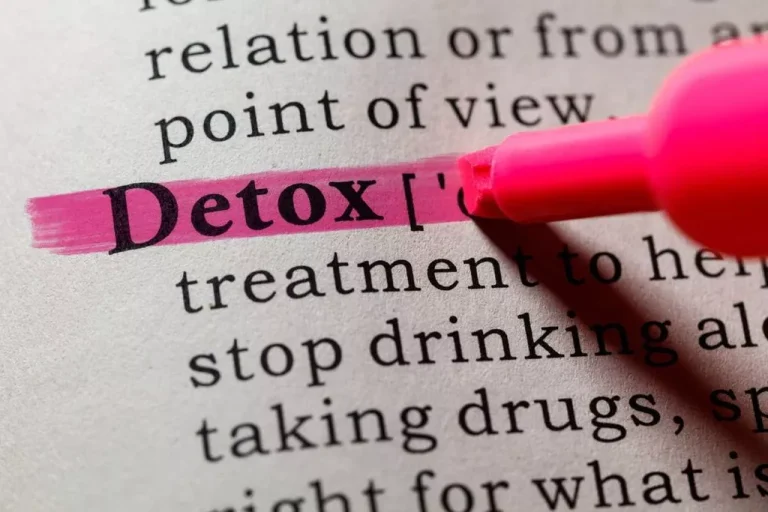There may also be new legal issues arising for them, like driving under the influence or making other poor decisions. Functional alcoholics differ from those who struggle with alcoholism, primarily in how alcohol affects their lives. If you’re the loved one of someone in either group, it’s important to know how to deal with an alcoholic effectively if you want to help them get well. Though this may sound sophomoric, the alcoholic/addict needs to pursue another passion other than his drug of choice. Feeling good about personal accomplishments and prideful goals is strong emotional medicine for the alcoholic working on their recovery.
Risk factors
One study found that chronic alcohol use decreases the function in the prefrontal cortex, which plays a key role in impulse control. Over time Ryan came to better understand factors that contributed to his drinking, including his anger and increased aggression when drinking. Therapy assisted him in recognizing how past wounds contributed to his vulnerability to both anger and alcohol use. After much consideration, he eventually joined an alcohol treatment program as I helped him grieve his wounds and manage his anger. Many people enjoy alcoholic drinks as a way of relaxing, sometimes to reduce the tension of socializing or to quiet an overactive mind.
- The following fix will remain the most essential thing in their life until they enter recovery because their body quite literally needs the substance for them to function.
- Emotional regulation skills and relapse prevention tools are also taught.
- Avoid getting into the weeds of the situation—who said what and who is to blame and arguing about whose reality is right—but instead let the other person know that anger is the problem and not acceptable.
How to Regain Trust in a Relationship After Addiction

These medicines can help reduce the negative side effects of detoxification and withdrawal. Alcohol is linked to anger and aggression more than any other psychotropic substance.7 While not all drinkers become angry, someone who is predisposed to anger can become more aggressive when they drink alcohol. Does a support group seem like it might be out of your comfort zone? Attending one-on-one therapy with a licensed therapist can help you work through anger issues in a more private setting. Scheduling an appointment with a professional who specializes in anger management may be more beneficial than participating in group therapy if you have social anxiety.
When Coping with Alcohol Use Disorder
“But the dynamics of this association are complicated, which is why any research that focuses on explaining this relationship is important for society in general.” It affects parts of your brain responsible for movement, memory, self-control, and basic functions like hunger and thirst.
Explosive anger is never about you, but the other person.
In other words, for some anger that they would normally control when sober manifests itself once alcohol disrupts the brain chemistry. In addition, research discovered that the effects of alcohol on aggression are more pronounced in people who think more about the “here and now” than about the future. When we aren’t concerned about consequences we may be more likely to act out in the moment. It is important to note that alcohol alcoholic rage syndrome can exacerbate underlying anger and aggression issues rather than directly causing them. Therefore, when you are grappling with how to deal with an angry drunk, seeking professional help and alcohol rehab and treatment in Los Angeles is crucial. This is because it requires a comprehensive approach addressing both alcohol abuse and anger management techniques to promote their well-being and foster healthier relationships.
- By understanding how alcohol abuse influences your mood, you can learn to make positive choices instead of ones you may regret.
- Here you want to talk to them about agreeing on some non-verbal signal to let them know that the conversation is starting to deteriorate so they can hopefully stop before it gets explosive.
- Additionally, excess alcohol is defined as drinking more than 8 drinks a week (women) and 15 a week (men), or consuming alcohol if you are pregnant or younger than age 21.
- Functional alcoholics are often in deep denial about their problem.
- If the addict chooses to seek recovery, knowing that they still have people who care about them and want to see them recover is crucial for their journey into sobriety.
- Another study of 249 heavy drinkers similarly found that alcohol intoxication predicted higher levels of IPV in those who reported low psychological flexibility (Grom et al., 2021).
Anger Management and Alcohol Addiction
- These situations likely spark emotions when you think about them — perhaps you feel embarrassed or ashamed.
- If the consequences of high-functioning alcoholism have become overwhelming, and your loved one refuses to seek help for alcohol abuse, it could be time to plan an intervention.
- Many people who have an alternate personality when they drink look back on it clarity when they sober up.
- Whether you have an alcoholic spouse, partner or other loved one, you may be wondering how to help.
Drinking alcohol can make us act in ways we wouldn’t normally, including being angry or aggressive. Reframe supports you in reducing alcohol consumption and enhancing your well-being. You’ll meet millions of fellow Reframers in our 24/7 Forum chat and daily Zoom check-in meetings. Receive encouragement from people worldwide who know exactly what you’re going through!

Other times she tries to leave, but often he follows her, yelling and chasing her down the hall. Because you are a trusted loved one, the addict knows that you will not hurt them in their pain-fueled rage. Alcoholics, most often, are using alcohol to suppress having to feel the fullness of negative emotions. Rather than face the feelings, they are using the substance to “regulate” themselves.

IOP Therapy: Is It Really Worth It?



